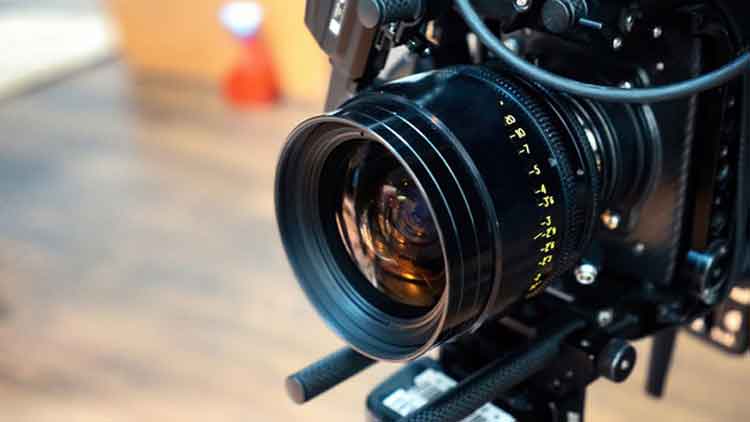No business owner wants to think that their employees are stealing from them but sadly it does happen. I was faced with a very serious situation a few years ago when body jewelry started missing at an alarming rate. One or two pieces a week could easily be chalked up to poor inventory control but when it was upwards of five pieces (or more) a day, I had to make a choice between discontinuing the body piercing side of the shop or installing some type of theft protection. For less than two hundred dollars and a few hours of my time I was able to install, on my own, a CCTV (closed circuit) system to see exactly what was going on when I was not around.
If you find yourself in the same situation you have a world of choices in regards to hidden cameras, microphones and anti theft protection. Knowing what areas are being stalked is your first priority as that is where you will have to place your focus. When I had to install the monitors I was at a loss. I had to deal with wires, glare, keeping things in focus and how to keep it a complete secrets, even from the manager that I trusted with my life. At that point in time, everyone was suspect and trust me, that is a sickening feeling.

The green light. Once you have determined that you want to use a CCTV set up you have to work out a budget for it, how information will be stored and if you are going to go ahead with a criminal prosecution. Placing cameras and monitors is the most important part of the task, without it you won’t have the proof that you need to have some arrested and take the steps necessary to recover stolen property or funds. Here are some of the things that I learned through trial and error.
Make use of corners and items that have been in place for weeks. That pile of paper or boxes is a great place to hide a camera or monitor; since its been there for a while it won’t look out of place.
Plan ahead and be a slob. If you think someone is stealing and they are acting a little paranoid, start arriving and leaving at different times. Likewise, move things around often; this is a great time to start leaving things in piles so you can hide a camera or microphone at a later time, more helpful hints.
Go James Bond! Lipstick cameras are small and can give a relatively good image. The wireless ones are excellent for hiding inside objects but they are susceptible to interference from other electronics. Make sure you test out your cameras and receivers for angle, frequency and sound.
Keep it clean if you can. If you have hidden something in a pile of paper, clothing or boxes make sure that you can still see through the mess. You will also have to clean the lens if it is in a high traffic area with dust and dirt.
When suspicion comes to light. Once you have started watching your business on tape you will want to save certain parts in case you need it for evidence. An external hard drive or CD-RW’s are a great way to store information but you have to document the time and date as well.
Keeping it a secret. If you are in my situation, you won’t know who is clean and who is dirty. Sure that sounds like a bad episode of Miami Vice but someone is stealing money out of your pocket. Be wary of telling anyone what you are doing, even if they aren’t in on the thievery, they could say something in passing to tip of those who are.
Monitoring placement. If you have an office area that is locked, that is the best place to set up your base. Make sure that you have an extra power supply in case there is a storm, change the locks so that only you have the key to it and shut off the computer monitor (or close the laptop case) when you are there and someone could walk in.
Proper bugging. As much as it sucks to say it, the break room or smoking area is a great place to have a microphone placed. People love to brag and if someone thinks that they are getting over on you, they won’t pass up a chance to share that information with someone that is disgruntled or angry with you.
What things should you avoid? Don’t buy any type of camera that has an ‘on’ or ‘active’ light on it. Even if you try to cover it, eventually someone will spot it. If you are discovered and someone starts to question you about it, do not get hostile. Tell them that it is none of their business or that it was implemented by the insurance company because of claims made for stolen property. If a thief thinks that there is a chance of criminal prosecution or the police getting involved, that might be enough to stop them in their tracks.
Obvious things to do before you set anything up include not having the items shipped to your business. Getting a package from “Harry’s Spy Emporium” might just blow your plan out of the water. Check out the legalities for your city and country; you may be required to post signs if your camera records anything outside your business. If that is the case, well, it won’t be a bi secret unless your employees are completely oblivious.

